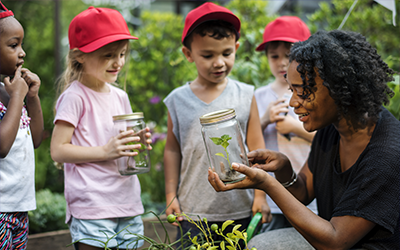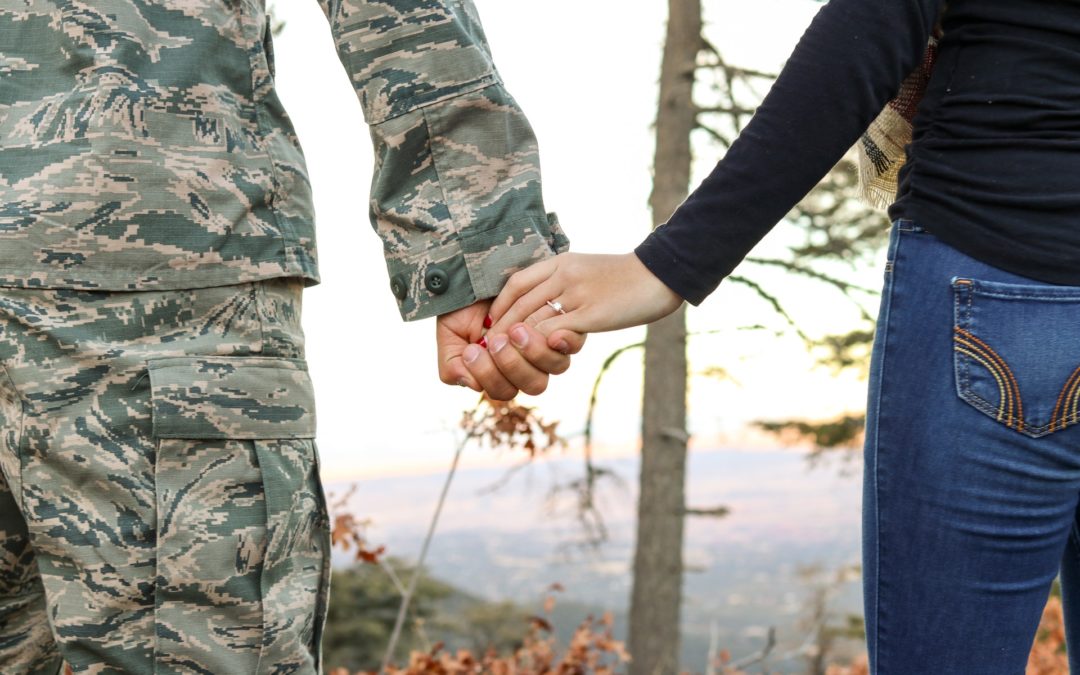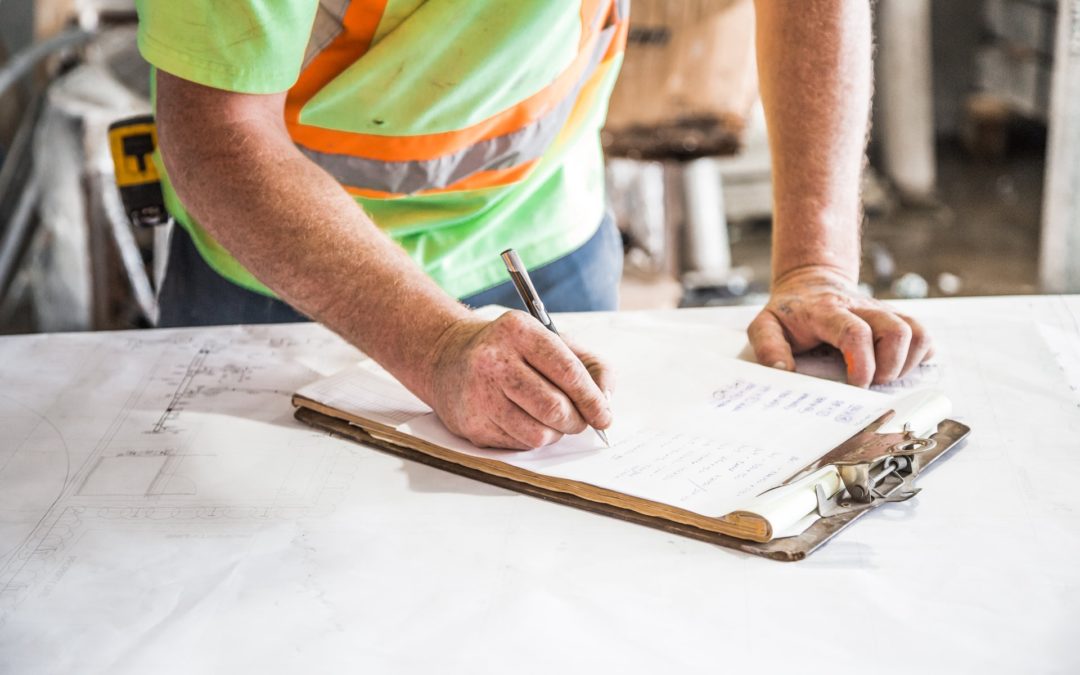
Field Trips in the Time of COVID
Field Trips In The Time Of COVID
By Heidi Holmes Erickson
We all remember a time as students when we boarded a bus, a brown paper bag with a smashed sandwich in hand, anxiously waiting as our teacher gave us information about the day’s field trip. Field trips are a long-standing tradition in K-12 education and may be some of our most vivid memories from school. Butin the COVID-19 era, field trips may be non-existent for the upcoming school year as many school districts across the country prepare for fully virtual instruction.
Many parents are already looking for ways to supplement the virtual education experience. Families are forming academic/learning pods; joining (and forming) homeschool co-ops, hybrid homeschools, or micro-schools; and searching out anything that will help enhance their children’s education and expose them to a world outside of their own home (and, let’s be honest, keep parents’ sanity). This is where museums and other cultural institutions can help.
There is a growing body of research that finds that culturally enriching field trips to art museums, the theater, and other such institutions are an important part of education.Students experience significant educational and social emotional benefits from such culturally enriching trips, including greater tolerance, empathy, higher academic achievement, and greater school engagement, with some evidence that economically disadvantaged students experiences the largest gains.
The Importance of Field Trips
Why do students see such significant benefits from field trips? There isn’t a clear answer, but one theory is that arts expose students to a broader world beyond their own. Art exposes all of us to people, places, ideas, cultures, and history that we didn’t know before. In a time where students have limited interactions outside of their own homes and neighborhoods, arts and other cultural institutions can provide connecting experiences.
Art museums typically see thousands of school groups throughout the year. With social distancing guidelines, however, it seems impossible to take an entire class of young children anywhere, let alone on a bus to a theater. Yet many museums and some theaters have now reopened and are offering tours for small groups, limiting capacity inside, or moving to outdoor venues.
For example, here in Georgia, the High Museum of Art is open daily with reservations, and the Alliance Theatre is preparing for the 2020-21 season which includes multiple productions for youth as well as young children. Museums can easily and safely accommodate “academic pods” with a few children and parents. Now, attending museums with family and friends is not something new, but it may play a more important role in enhancing students’ education this cloistered year than it has previously.
The Power of Experience
These in-person cultural experiences are more important for student learning than some might expect. There is some evidence that field trips done “virtually” or in an at-home or in-class setting are not as impactful as when students visit the actual institutions. For instance, a recent study found that students who attended a live theater performance had greater command of the plot than students who saw a movie version of the same play. Another study found that students who visited an art museum asked more complex questions about works of art and recalled the experience in more detail than students who saw the same art but in a classroom setting. This evidence suggests that an in-person experience has a unique importance that isn’t always transferred to other settings.
With the 2020-21 school year looking nothing like anyone could have predicted, parents and students should embrace the change and enjoy educational experiences that are not limited to something on a computer screen. Taking time away from instruction in core subjects isn’t going to harm student academic performance—it might even help!
Heidi Holmes Erickson
Heidi Holmes Erickson is a faculty member in the Education Economics Center at Kennesaw State University.
EVERY CHILD WITH ACCESS TO A QUALITY EDUCATION
A quality education is key to a child’s future success. Academic achievement paves the way to a good job, self-sufficiency, and the earned success we all want for our children. To learn more about education options in Georgia click here.






